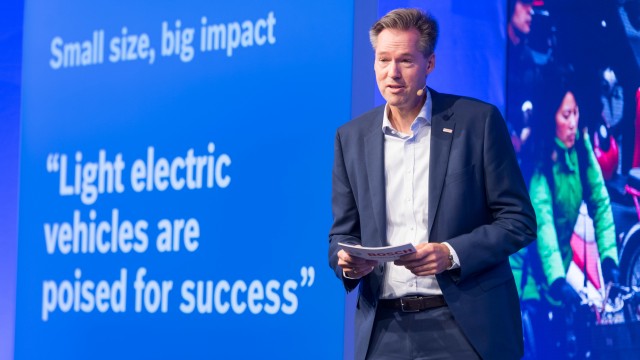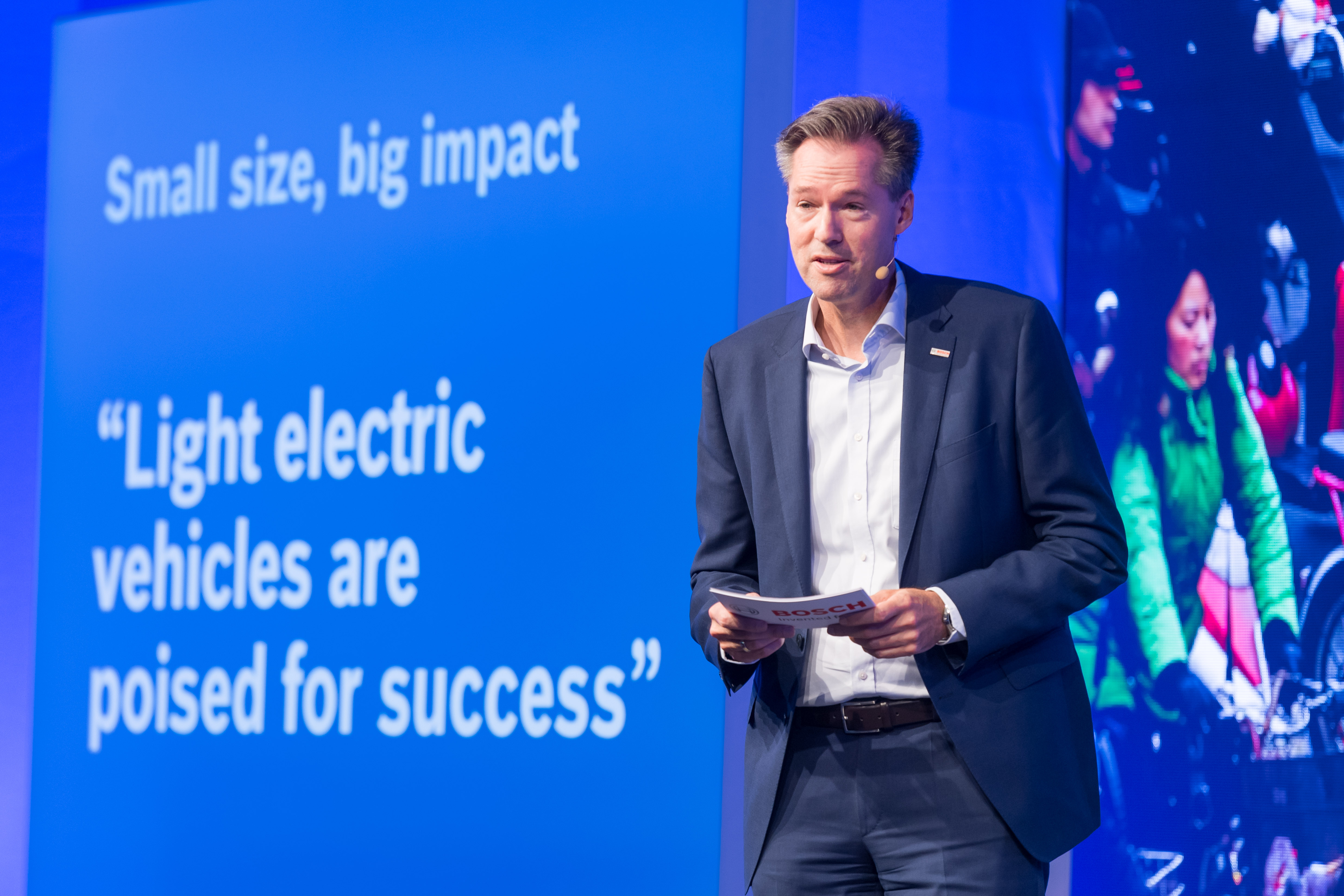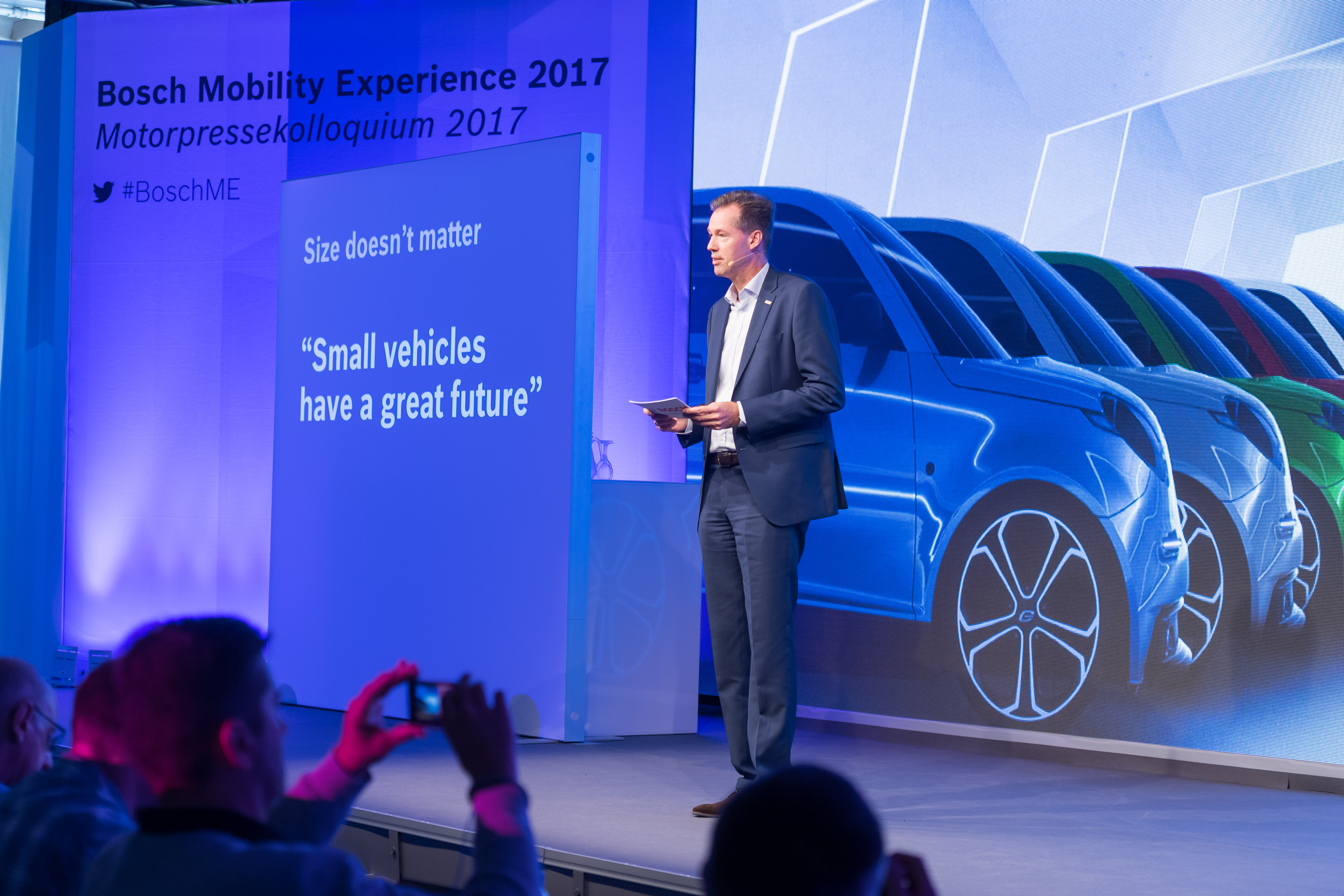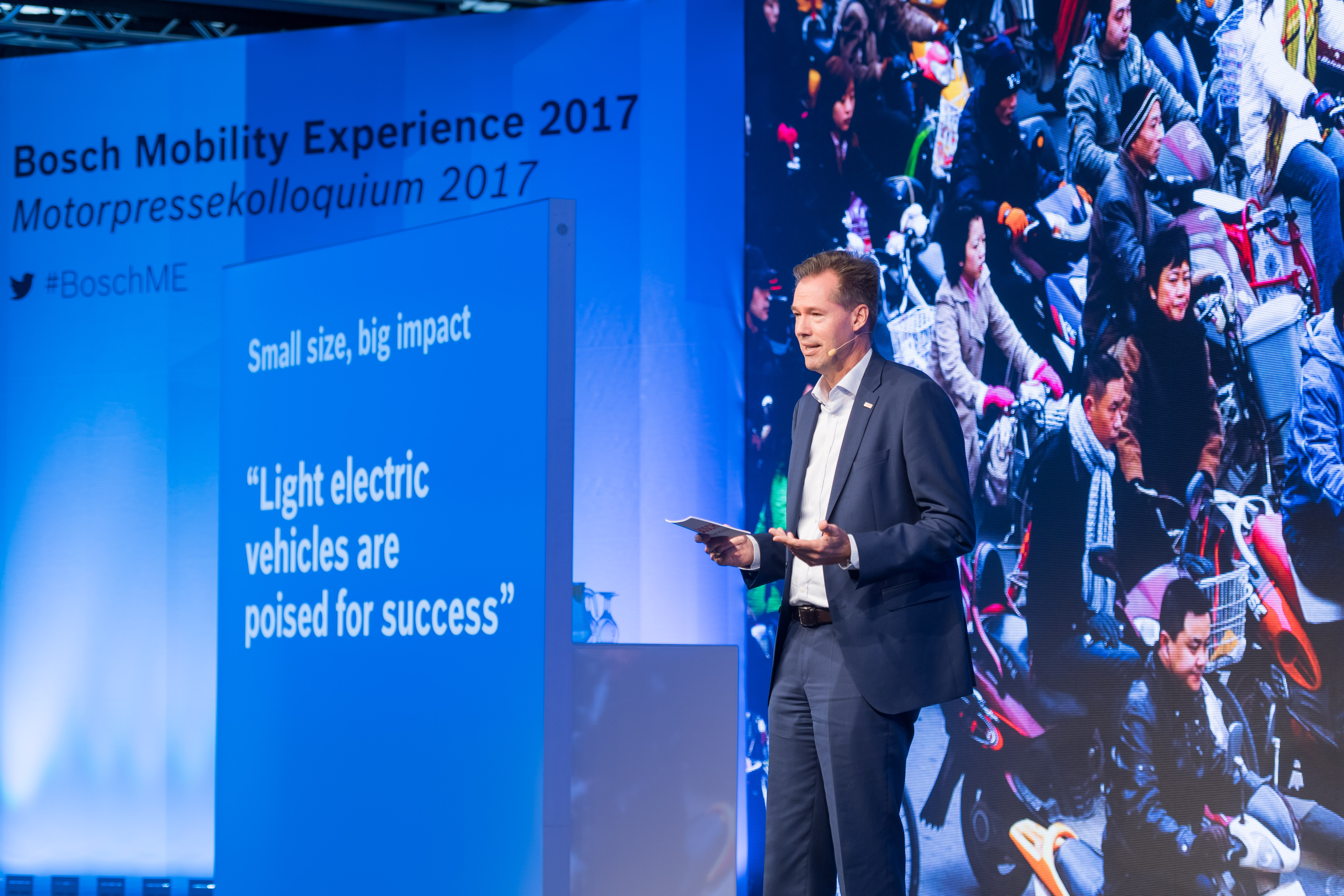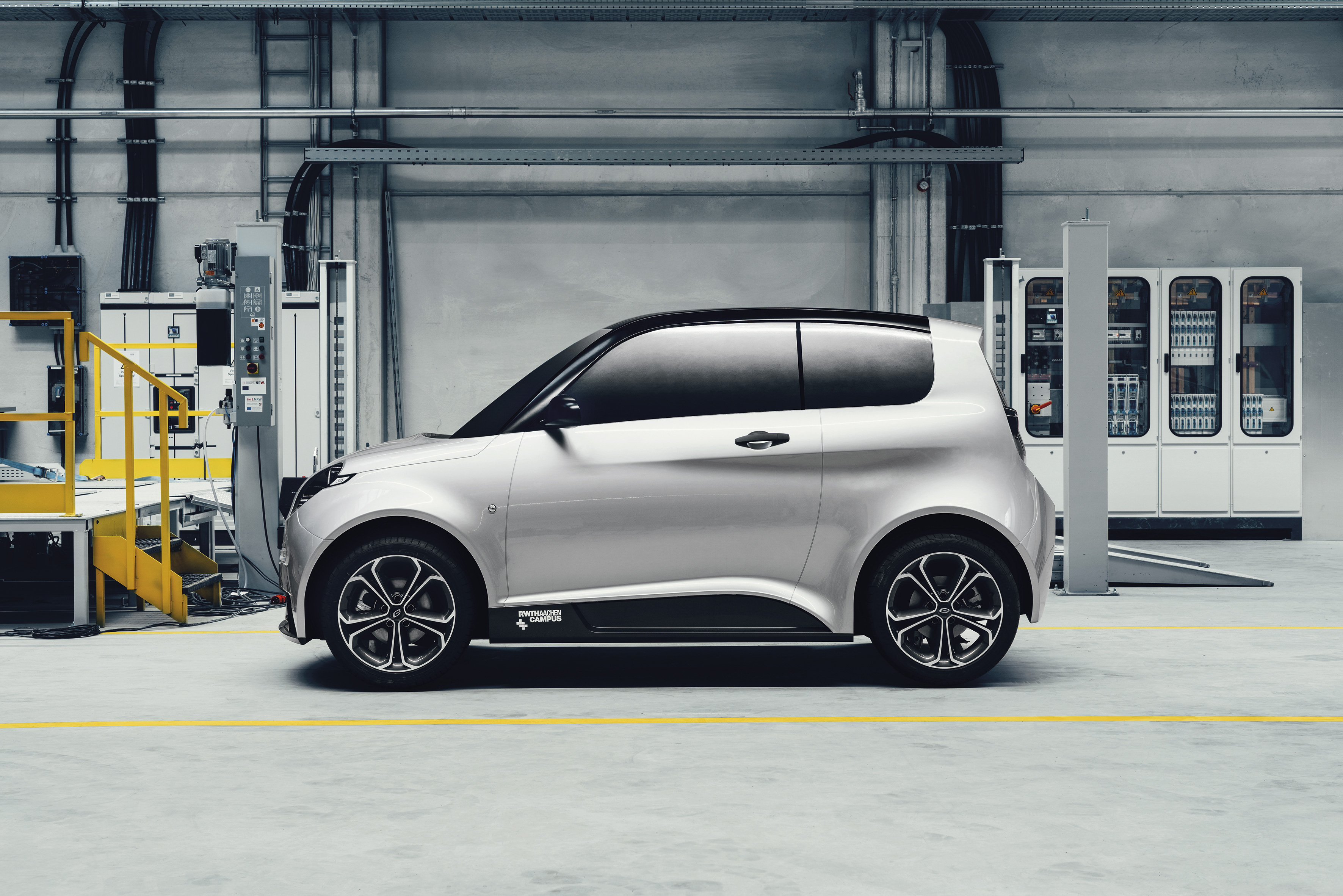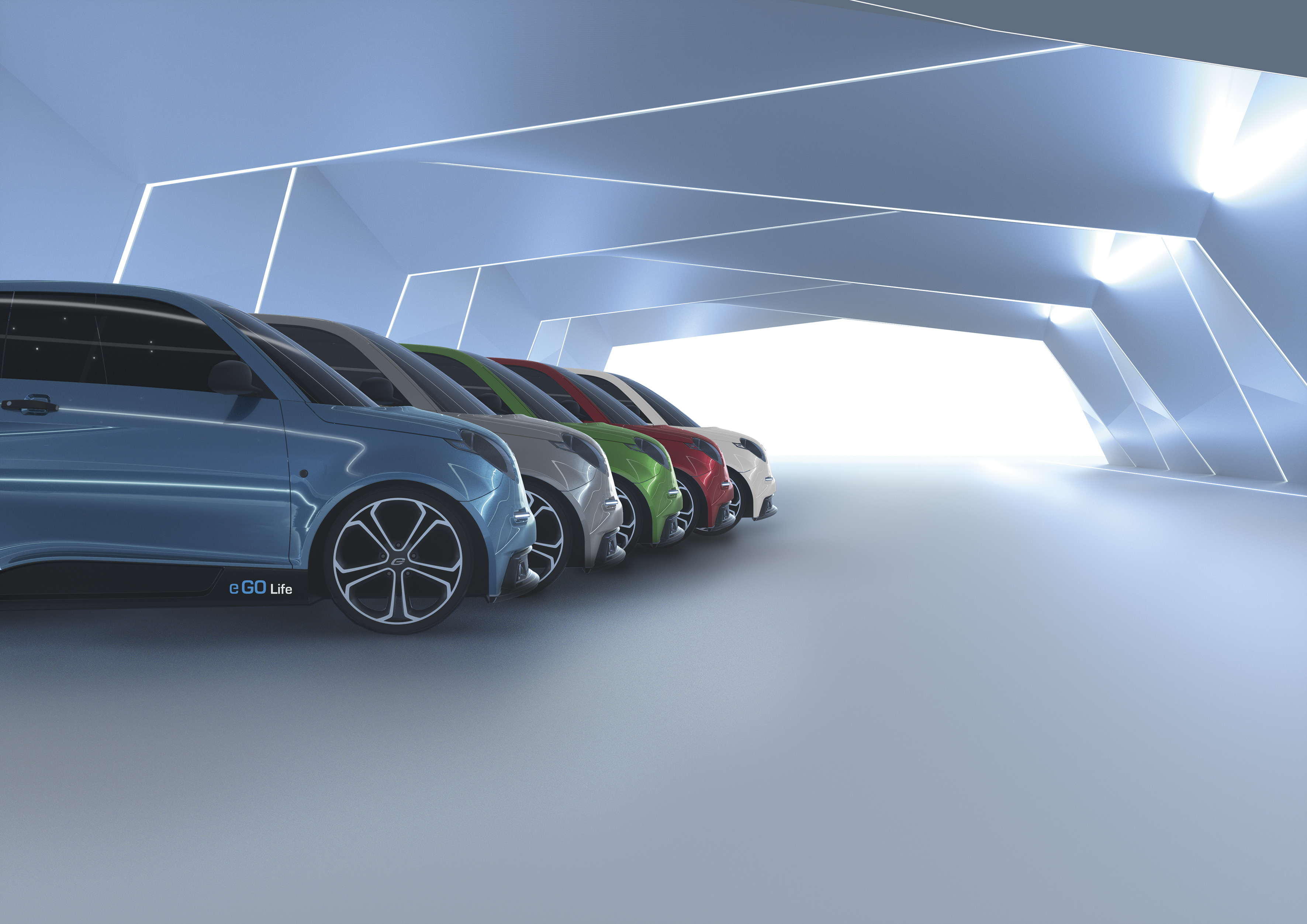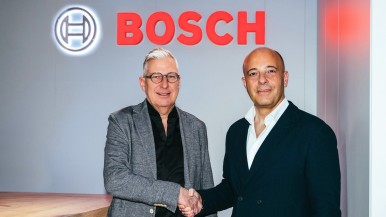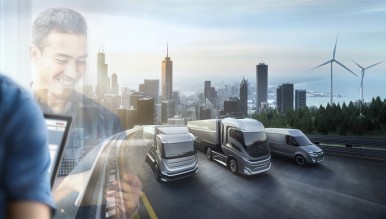For the local population, they are usually the only chance of making any headway in the congested cities – past cars and buses stuck in traffic jams. Nonetheless, there is no denying that it is not only in small vehicles such as e-scooters that e-mobility is on the march on the streets of the world’s conurbations. Electric SUVs are also an ever more frequent sight there. Indeed, especially in China, there are even long-wheelbase versions of electric vehicles sold in Europe.
Nonetheless, we firmly believe that urban electromobility is not solely about the quest for greater size and range. In cities, neither are absolutely necessary. How? The distances traveled in cities are only short, usually no more than 40 kilometers a day. In addition, small vehicles make it easier to weave quickly through traffic, as well as to park in the smallest available space.
We can currently see a new wave of pragmatism among city-dwellers. Their rallying cry is back to basics, with mobility having to offer one thing above all: it has to get them reliably and as quickly as possible from A to B. Especially city-dwellers want a simple and affordable alternative, without stress and emissions. Mr. Bulander talked about this earlier.
But can this form of electromobility that depends on small vehicles such as e-scooters also work outside countries such as China, Taiwan, and Vietnam? At Bosch, our answer is clear: yes, it can. Small electric vehicles have a bright future, worldwide. We believe that it is especially in this segment that urban electromobility will take off. According to estimates, some 100 million light electric vehicles will be produced worldwide by 2020 – these include scooters and small four-wheeled cars roughly the same size as a Smart.
We have brought along two prototypes of this new urban mobility with us today. The small e.GO four-seater, and the electric makeover of the Schwalbe scooter. Both are powered by a Bosch solution. Especially for urban mobility, we have developed an integrated system including motor, control unit, battery, charger, display, and app – for two-, three-, and four-wheelers.
- The powerful 48-volt drive unit converts the energy from the battery into maximum boost.
- The control unit is the powertrain’s brain, and ensures perfect handling.
- The lithium-ion rechargeable battery provides high energy density.
- The charger enables fast recharging at regular household power sockets.
- The display clearly presents all information about the system. There is a choice of different driving modes.
- In addition, the system allows communication between the vehicle and the driver via a Bluetooth interface and an app.
One further advantage is that these small vehicles not only reduce emissions, but noise as well. All these elements mean that the system isn’t just about efficient mobility in cities. Rapid acceleration from a standstill makes for a “wow” factor. We expect that this 48-volt system will generate annual internal growth of well over 100 percent.
As the system is made up of off-the-shelf automotive components, manufacturers will have the benefit of production-tested parts and minimal development expense. This gives both established OEMs and new players in the market the opportunity to launch vehicles within a very short timeframe of 12 to 18 months. Thanks to simple scalability, multiples of the system’s components can be combined, depending on vehicle class and the desired level of power. Adding a second battery pack, for example, doubles the vehicle’s range. This reduces complexity, variants, and cost – for manufacturers and thus also for anyone who wants to drive electrically through their city.
In order to get around more flexibly in a small electric vehicle in urban traffic, people no longer have any absolute need to have a vehicle of their own parked outside the house. Sharing is the new trend. With Coup, our e-scooter sharing service, we are making urban mobility simpler and less stressful. In addition, as a sharing service provider, we receive direct feedback from our customers, both about the service itself and the technologies used. This gives us an opportunity to constantly improve and launch new developments, since we now know what people expect of sharing services.
To sum up, we firmly believe that electromobility will take off much more rapidly in small-vehicle segments. And with our modular 48-volt system and our Coup e-scooter sharing service, we have the right solutions.

